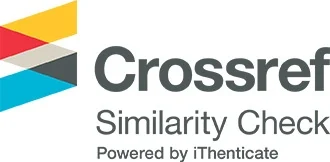Role of Combination Therapy on no-reflow after primary percutaneous coronary intervention in patients with acute ST-segment elevation myocardial infarction.
DOI:
https://doi.org/10.65137/lmj.v8i1.161Abstract
Background: No-reflow is a complex process with multiple pathogenetic components that may lead to major complications and higher mortality in patients with ST-segment elevation acute myocardial infarction (STEMI) after performing percutaneous coronary intervention (PCI).This study aims to evaluate the role of combination treatment in the prevention of occurrence of no- reflow and major cardiac adverse effects in patients with STEMI undergoing primary PCI. Subjects and methods:This is an interventional study including 100 patients with STEMI who underwent emergency primary PCI and had a high risk of no-reflow (no-flow score ≥ 8), patient were randomly divided into a controlled group (n = 50) received conventional treatment, and a combination therapy group (n = 50) received high dose 80mg atorvastatin pre-intervention, platelet membrane glycoprotein IIb/IIIa receptor antagonist (tirofiban, 10μg/kg bolus followed by 0.15 μg/kg per minute) and thrombus aspiration. Six months follow up recording of major adverse cardiac events.
Results: No-reflow was detected in3/50 cases (2.8%) in the combination therapy group versus 38/50 cases (35.2%) in the control group. TIMI grade 3 was found in 46 patients (92%) versus in 32 patients (64%) p=0.008. While MBG ≤ 1 was (14/50) 28% vs (15/50) 30% p=0.18 in the combination therapy group versus control group respectively. MACE at six months 9 events (18%) in the combination therapy group, versus 19 events (38%) in the control group p= 0.03. Conclusion: combination therapy with thrombus aspiration, high-dose statin and platelet membrane glycoprotein IIb/IIIa receptor antagonist prior to pPCI reduces the incidence of no- reflow, and major cardiac adverse events in patients with acute ST-elevation myocardial infarction.









